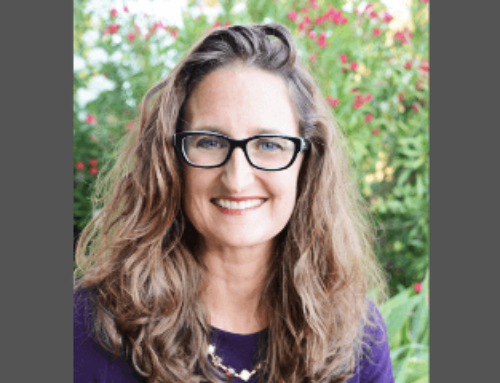As I mentioned during my address to the membership at SLEEP 2017, one of the challenges facing the field of sleep medicine is the need to increase access to care for patients who have a sleep disorder. This was a prominent topic of discussion during last weekend’s meeting of the AASM board of directors.
One idea we discussed was to develop an accreditation program that would enable home sleep apnea testing services to be provided by Critical Access Hospitals, which serve rural communities throughout the U.S. The board recognizes that there are areas of the nation where patients have no convenient access to a board-certified sleep medicine physician or accredited sleep center.
While the AASM SleepTM telemedicine system can help fill these gaps, we also think that Critical Access Hospitals represent a virtually untapped resource for sleep care. There was broad support among the board for the development of a new accreditation program for these hospitals that would promote access to care while ensuring a high quality of care. However, we also identified numerous implementation details that need to be examined further to ensure that such a program would be logistically viable. We will continue to explore these options in the months ahead.
The board also discussed the recent increase in commercial interest in the data contained within the AASM’s Inter-scorer Reliability (ISR) database, which is the world’s largest repository of human scoring decisions. These companies are seeking to validate next generation computer-based scoring algorithms that have the potential to improve the accuracy and efficiency of the diagnostic testing process. This innovation could help us improve the quality of our care while also enabling us to diagnose and treat more patients. We intend to continue discussions with interested companies to promote the development of tools that will advance the field of sleep medicine.
Finally, the board reviewed and discussed a draft clinical practice guideline addressing PAP therapy for the treatment of adult OSA, which will soon be made available for public comment. Much of our conversation revolved around how the proposed recommendations will impact patient access to high quality care for OSA. I encourage you to submit your feedback after carefully reviewing the guideline during the comment period. We value your input, recognizing that our members provide clinical care in a wide variety of practice settings.
Sincerely,
Ilene M. Rosen, MD, MS
President







